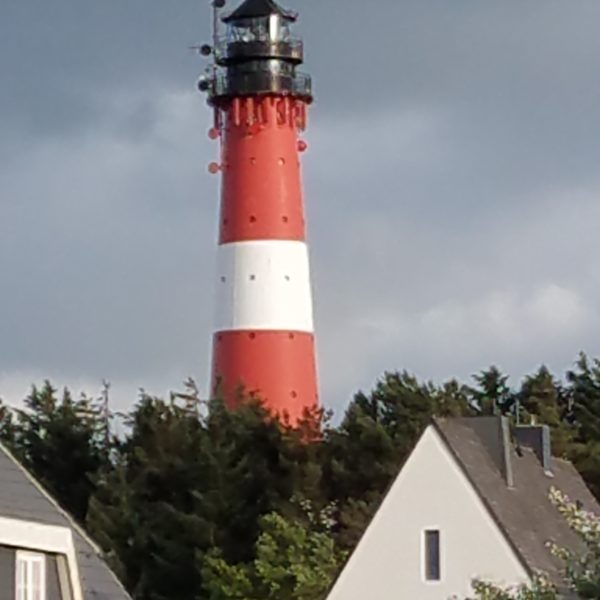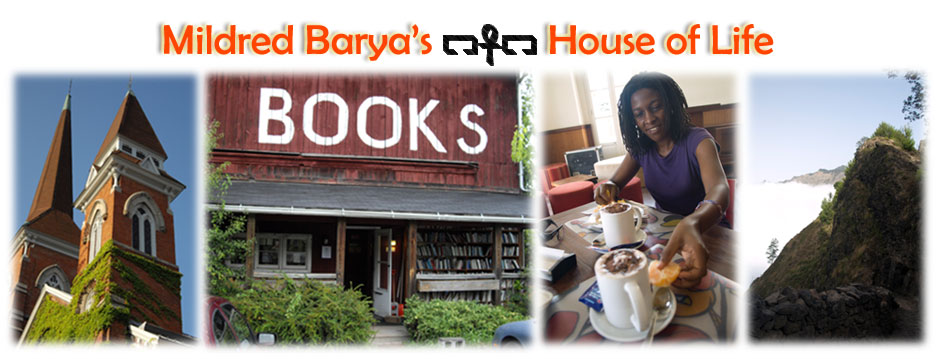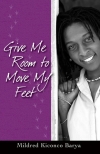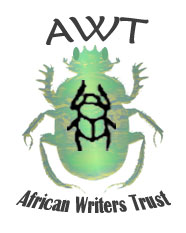
Hornum Lighthouse
I was an undergraduate at Makerere University, Kampala, when I first heard these words of Patrick Henry, “Give me liberty or give me death,” in a song by Carman, one of the funky gospel singers I loved to listen and dance to. That same tape had Larry Norman’s, “Why should the devil have all the good music.” I’m led to believe that at the center of Norman’s message was the issue of liberty. The dictionary differentiates liberty from freedom and independence as an individual’s “power to choose among alternatives rather than merely being unrestrained.” Freedom, on the other hand, “implies an absence of restraint or compulsion” while independence, associated with countries or nations, is “the ability to stand alone, without being sustained by anything else.”
All countries and nations have a day when they commemorate their independence. All individuals have moments or days when they exercise freedom and/or liberties. They also recognize when their freedoms or liberties are challenged, threatened or limited. Such recognition enables them to explore opportunities and possibilities of gaining, regaining or maintaining freedom and/or liberty. The key to all that is openness, which implies access, lack of restriction, acceptance and receptiveness.
Larry Norman’s song, which he released in 1972, challenged established beliefs of what Christian music was. The rock ‘n’ roll song provoked mainstream Christians not only because of its style–fusion of black rhythm, blues and psychedelic rock—but also because it raised a very important question—why was church music not supposed to be fun? Here are some lines:
They say rock ‘n’ roll is wrong, we’ll give you one more chance
I say I feel so good I gotta get up and dance…
I ain’t knocking the hymns
Just give me a song that has a beat
I ain’t knocking the hymns
Just give me a song that moves my feet
I don’t like none of those funeral marches
I ain’t dead yet!
One of the things I appreciate about the 70’s Christian rock in general is its artistic potential to challenge and celebrate faith at the same time. When faith, religion and/or any belief denies/suppresses artistic freedom, i.e., that which poses questions, then it becomes propaganda—that which silences all questions.
I think it is the artistic element in any given genre; music, poetry, painting, and so on, that enables us to transcend limitations and what we think we know before we begin to question it. That which is expressive, creative, imaginative, inventive, innovative, beautiful, pleasing, elegant, styled, and so on. Michael Dirda says, “Often to write well, an inner daemon must be allowed to break free.” I think this is true of all art forms and the state of being. The question I have is this: How much of being/life is art? I’m using art in a general sense, in the most ordinary way that all humans are capable of, which is to say, everyday power that celebrates individual liberties and good neighborliness, which does not mean absence of provocation when said liberty is contested and threatened either by the state (which happens to be independent) or other individuals (who happen to be free or acting within their freedoms).
My freedom to write and liberty to choose my subject(s) now bring me to the reason I started writing this particular piece. I was thinking about my poem, The heart, the heart, the hunger—recently published in Lady/Liberty/Lit Journal. I wanted to introduce the journal and post the poem here. Instead of doing just that, my mind went to individual and family liberties restricted at the moment, especially in the United States under the new immigration policy. I thought of July 4th, United States Independence Day. The day’s celebrations, ironically, include family reunions at a time when some families are forcibly being separated. I thought of the song, This Land Is Your Land, and resisted the urge to look up the lyrics, knowing very well that any group of people could use the song to further their agenda which might not include other groups’ interests. I thought of all those who have marched marches of liberty, from historic times to the present. I thought of the women in Uganda who bare their breasts in protest and are currently protesting kidnappings and murders of women. I thought of Lady Liberty, Lady Liberty, what to say, what she could say if she stopped being a symbol and uttered some words. How the concept of Ma`at (truth, justice, harmony and cosmic order) might be restored.
Audio version of The heart, the heart, the hunger below. Read by yours, truly.
Audio Player






No comments yet.